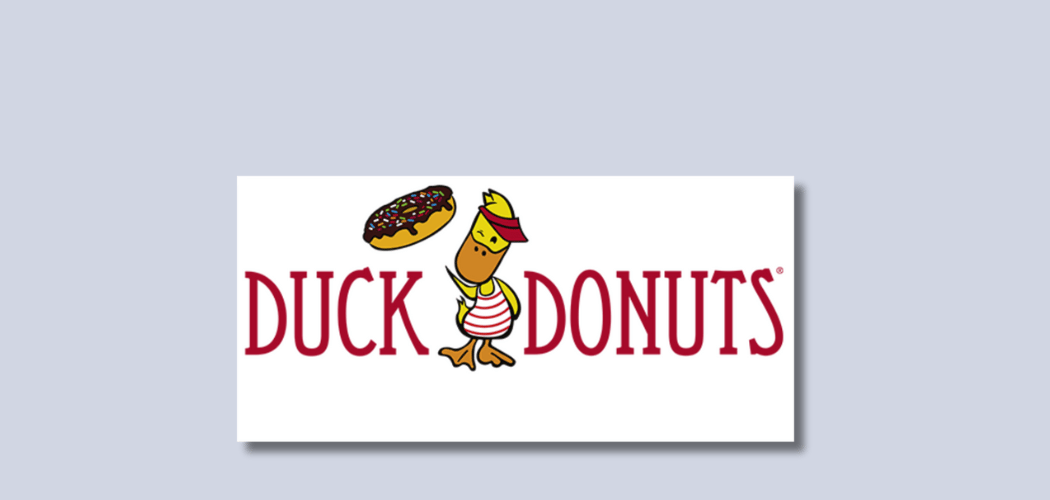 New research from Morgan Stanley reveals that members of hotel loyalty programs are more likely than non-members to have booked stays at Airbnb. Does this phenomenon mean that the travel industry distrupter has successfully penetrated the wall of loyalty the hotel industry has built around its best customers? Let's look behind the numbers.
New research from Morgan Stanley reveals that members of hotel loyalty programs are more likely than non-members to have booked stays at Airbnb. Does this phenomenon mean that the travel industry distrupter has successfully penetrated the wall of loyalty the hotel industry has built around its best customers? Let's look behind the numbers.
By Rick Ferguson
As Quartz points out, the Morgan Stanley research does not, at first glance, bode well for the legacy hotel industry: 36 percent of loyalty program members surveyed say they've tried Airbnb, compared to 15 percent of non-members. For the most frequent travelers, those numbers are even more worrisome, as this Morgan Stanley chart from their December 22 travel industry report reveals: 51 percent of the most frequent (11+ stays per year) program members have tried Airbnb versus only 27 percent of non-members.
Morgan Stanley research from a month earlier, however, reveals that, at least so far, Airbnb's push into the corporate travel sector has yet to significantly impact hotel revenues. From their November 15 Global Insight report:
"Less than half of Airbnb demand coming at the expense of traditional hotels: Our survey shows that only 42% of Airbnb users are substituting away from traditional hotels. 36% switch from bed & breakfasts, 31% are using Airbnb rather than staying with friends and family, and ~20% are using Airbnb over vacation rentals. This, combined with the fact that only 7% of Airbnb users stay 1 night (vs 25% for traditional hotels), speaks to how Airbnb (for now) is primarily focused on non-hotel, leisure, longer-duration stays, rather than corporate single-night stays. We believe corporate travel will continue to be more difficult for Airbnb to penetrate given safety and privacy concerns holding back adoption, and the higher importance corporate travelers place on amenities (loyalty programs, business centers, restaurants, etc.)."
Our guess is that these combined numbers show that corporate road warriors are not necessarily shifting spend from hotels to Airbnb, but rather using Airbnb as their primary second choice - choosing Airbnb when, say, their favorite hotels are booked solid or room rates are spiking due to demand. If this is the case, it isn't hotels that should yet be worried about Airbnb cannibalization - it's the OTA's. From Morgan Stanley:
"Airbnb's threat to the OTAs is larger and multifaceted. First, the more hotel demand Airbnb cannibalizes - impacting occupancy and RevPAR – the harder it will be on the OTAs. Second, the fact that the OTAs over-index toward leisure puts them in more direct competition with Airbnb. Third, Airbnb's cannibalization of non-hotel categories – like bed and breakfasts and vacation rentals – further impacts OTA demand."
So it isn't that hotel loyalty programs are somehow failing, as the Quart report argues, by preventing road warriors from trying Airbnb. Heavy business travelers are congenitally more inclined to try such a service, and they'll continue to do so. To the extent that Airbnb continues to make inroads into the corporate travel sector, hotel programs will continue to provide a valuable firewall against attrition.
Reward and recognition is such an important part of the hotel marketing mix, in fact, that Airbnb is exploring their own loyalty efforts, such as partnering with frequent-flyer programs. In the meantime, OTAs will need to step up their game if they plan to remain business travelers' backup booking choice, rather than Airbnb. Let the games begin.
Rick Ferguson is CEO and Editor-in-Chief of the Wise Marketer Goup.




